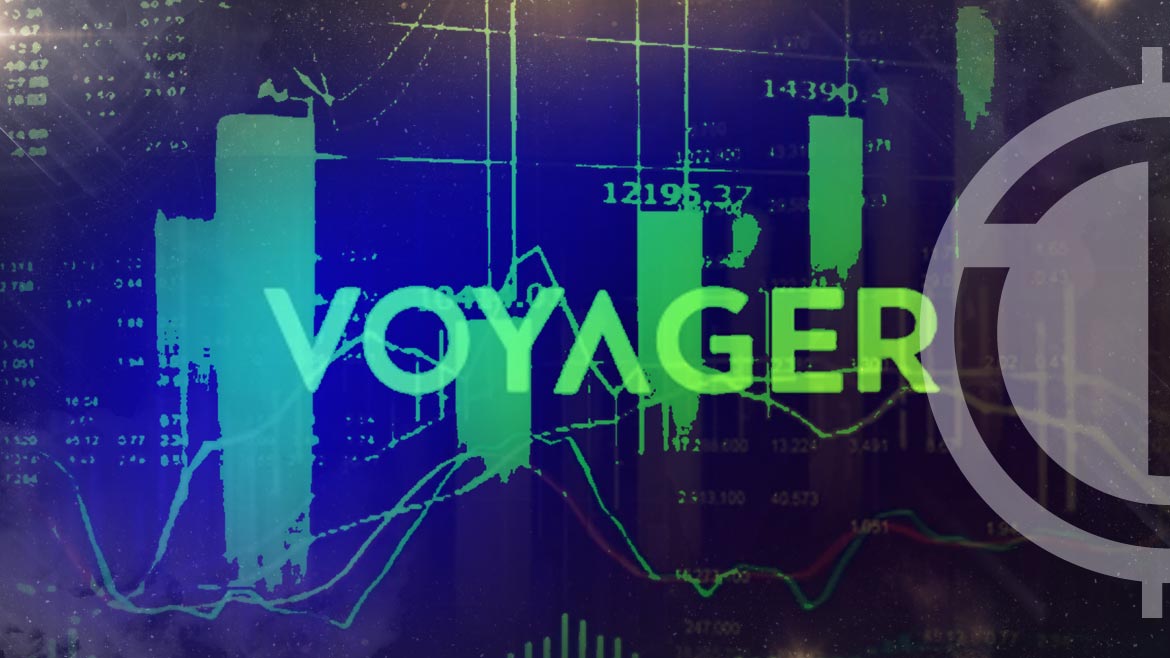
Crypto lender Voyager Digital’s reported legal fees payable to law firm Kirkland & Ellis LLP (K&E) against its bankruptcy case totaled $1.1 million in April. A couple of partners of the law firm have been reported to have charged over $2,000 for an hour of work on the case, while others billed hundreds of thousands of dollars in fees in April.
While Kirkland & Ellis’ litigation partner George W. Hicks Jr., P.C. billed $153,211 in fees for 87.8 hours worked, the law firm’s associate Nicholas Adzima billed 118 hours for $147,906 in compensation for April.
K&E has sought reimbursements from Voyager to the tune of 80% ($1,128,312.40) of the $1,410,390.50 incurred in total fees. The hourly billing rate of attorneys reported for all services offered during the Fee Period is $1,313.18, whereas that for all paraprofessionals is $384.31.
Some of Kirkland & Ellis’ former clients include the bankrupt crypto lender Celsius, and the digital asset lender BlockFi. The 2022 crypto bear market led to various bankruptcies, leading to a law firms’ bull market. Notably, the bankruptcy fees of the defunct crypto exchange FTX have reportedly peaked at $200 million, while that of Celsius stood at $50 million.
With earning approximately $6 billion in revenue, Kirkland & Ellis is ranked among the world’s largest and prominent law firms, representing various crypto firms for restructuring under the Chapter 11 proceedings during the 2022 bear market.
Pursuant to sections 327, 330, and 331 of Chapter 11 of the United States Code, as counsel to the debtors for the Chapter 11 bankruptcy filing, Kirkland & Ellis LLP, and Kirkland & Ellis International LLP, submitted the legal fees statement. The debtors in question include Voyager Digital Holdings, Inc., Voyager Digital Ltd., and Voyager Digital, LLC.
Earlier in March 2023, it was reported that legal fees against regulatory inquiries for Voyager Digital’s bankruptcy were incurred by the Metropolitan Commercial Bank (MCB). MCB then sought reimbursement of $1.13 million in legal fees from Voyager against responses to regulatory probes.














